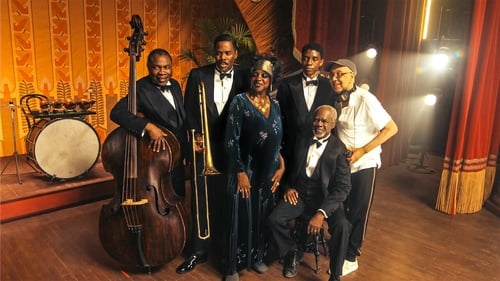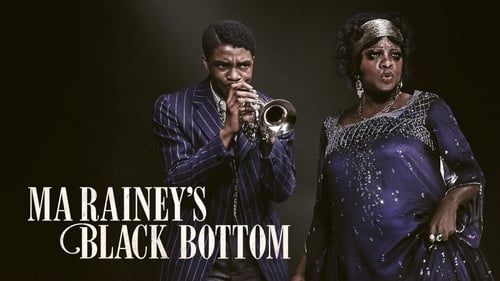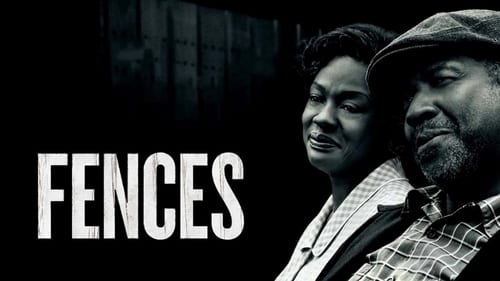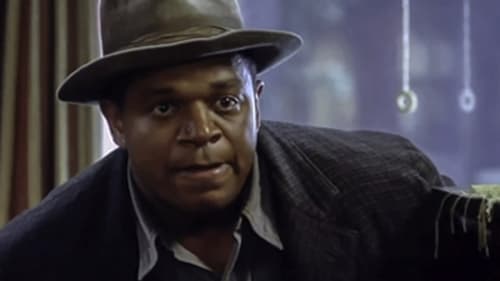August Wilson
Birth : 1945-04-27, Pittsburgh, Pennsylvania
Death : 2005-10-02
History
August Wilson (1945–2005) was an American playwright. He has been referred to as the "theater's poet of Black America". He is best known for a series of ten plays, collectively called The Pittsburgh Cycle, which chronicle the experiences and heritage of the African-American community in the 20th century. Plays in the series include, Jitney (1982), Fences (1984), Ma Rainey's Black Bottom (1984), Joe Turner's Come and Gone (1986), The Piano Lesson (1987) and King Hedley II (1999). Two of his plays received the Pulitzer Prize for Drama (Fences and The Piano Lesson), and one the Tony Award for Best Play (Fences). In 2006 Wilson was inducted into the American Theater Hall of Fame.
Since Wilson's death two of his plays have been adapted into films: Fences (2016) and Ma Rainey's Black Bottom (2020). Actor/director/producer Denzel Washington has shepherded the films and has vowed to continue his legacy by adapting the rest of his plays into films for a wider audience by saying, "The greatest part of what’s left of my career is making sure that August is taken care of".






